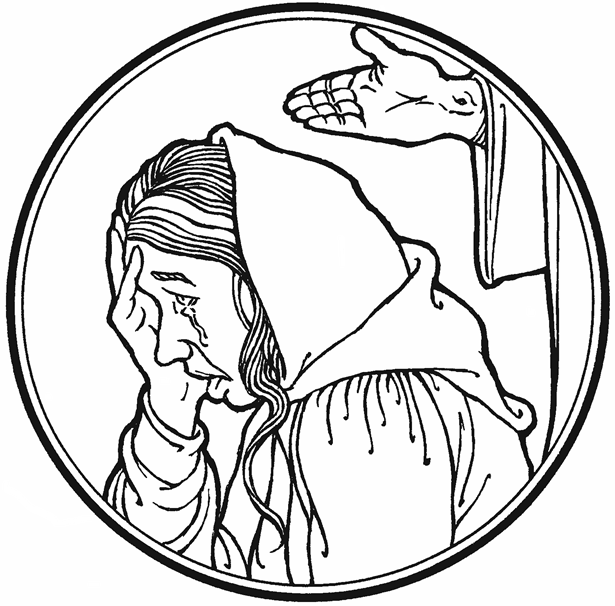Tag: The Resurrection of Our Lord (Sunrise)
-

The Resurrection of Our Lord (Sunrise)
Readings: Isaiah 25:6-9 | 1 Corinthians 15:1-11 | John 20:1-18 Text: John 20:1-18 Alleluia! Christ is risen! He is risen indeed! Alleluia! No doubt you’ve seen it for a few weeks now. Easter sales, Easter dresses, Easter candy, Easter lilies. If you didn’t know better, you might think Easter is just another holiday with its…
-
The Resurrection of Our Lord (Sunrise)
Readings: Isaiah 25:6–9 | 1 Corinthians 15:12–25 | John 20:1–18 Text: John 20:1-18 Alleluia! Christ is risen! In the Name + of Jesus. Amen. The last we heard from St. John, he and St. Mary Magdalene were standing at the foot of the cross. He testified truly that His Lord had died and the spear…
-
The Resurrection of Our Lord (Sunrise) (John 20:1-18)
Bethlehem Lutheran Church, Lebanon, OR The Resurrection of Our Lord (Sunrise) + April 16, 2017 Text: John 20:1-18 Alleluia! Christ is risen! He is risen indeed! Alleluia! No doubt you’ve seen it for a few weeks now. Easter sales, Easter dresses, Easter candy, Easter lilies. If you didn’t know better, you might think Easter…